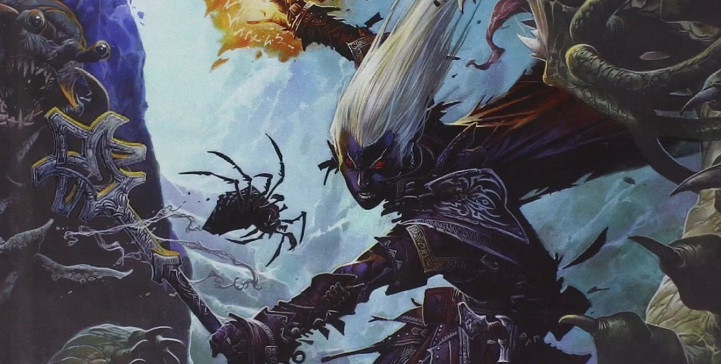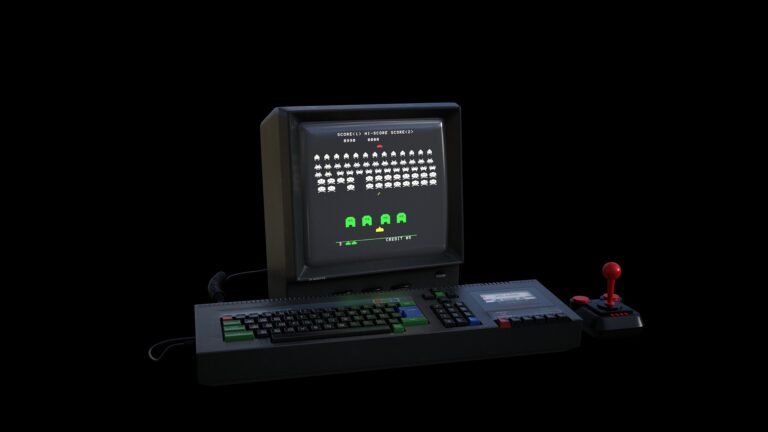One D&D has been launched with amazing Feats, transforming them from additional rule into a key part of character creation.
The One D&D announced and introduce a primary part of its release that is Unearthed Arcana blog, known as “Character Options”, which features playtesting content for necessary amendments to be made upcoming iteration of one D&D Player’s Handbook. “Character Options” had a number of changes regarding Feats and how they will become part of the game in a more progressive way.
Crafter & Musician Feat – One D&D
“Character Options” introduce two surprising Feats that are new to 5e Player’s Handbook: Musician and Crafter. The Crafter Feat is basically for characters Backgrounds involved in creation of selling items, which would work for a custom Merchant Background. Crafter Feat selection at first level grants tool proficiencies in three artisan’s tools and crafting an item may take 20% less time than for any another character. Discount ability is the most controversial and amazing Crafter which grants an automatic 20% discount on purchased nonmagical items.
Merchant Discount
Justification for it may be would be that DMs would prefer a player to roleplay when dealing with merchants, to earn a discount. The player would make a Charisma-based ability check, such as a Persuasion roll, in order to prove a merchant to provide a discount. players can get an automatic 20% discount on nonmagical items which is just a playtesting material and may change by the time players handbook date of release.

Musician Feat
Next feat is Musician, for characters whose Background involves musical training, and not just for bards only. It is useful feast and function with bard song of rest class ability. Musician Feat in one D&D at level one allows tools proficiencies with various musical instruments. A character with Musician can play one of their chosen instruments during short rest or long rest, which will give a number of allies equal to the user’s proficiency bonus.
Difference between Healer, Alert, Savage Attacker & Tavern Brawler
There are a few Feats in Character Options that are in fact more regrettable than their variant from the D&D 5e Player’s Handbook. The Skilled Feat presently just allows the player to choose three expertise proficiencies, while the first variant of Skilled likewise allows the player to choose instrument proficiencies. It’s muddled why this change was made, yet it very well may be because of how adaptable Backgrounds will make it simpler for players to choose the apparatus proficiencies that they need, so there was not a great explanation to remember them for the new variant of the Skilled Feat.
The Lucky Feat is to a greater extent a hodgepodge. In “Character Options”, the player gets various Luck Points equivalent to their capability reward and they revive upon an extended rest. These Luck Points can be utilized to give advantage on a d20 Test throw after the main dice have been rolled, or used to give a foe disservice on a roll. In the one D&D 5e Player’s Handbook, the player got three Luck Points out of the door, yet the benefit utilization of the Feat must be announced before the dice were rolled.
A D&D character just has a +2 capability reward until they hit level 5, so they’re passing up a Luck Point all through the point in the game when they’re required the most. Lastly, the person will get 4 Luck Points at level 9, yet a ton of D&D games never get that far.

Character Options
The greatest recipient of the progressions to Feats in “Character Options” is Alert. In the Player’s Handbook, Alert gave the player +5 to Initiative rolls, made the player resistant to being astonished, and adversaries didn’t get advantage from assaults made while stowed away. The new variant of Alert gives the player advantage on Initiative checks and allows the player to trade Initiative scores with one more person toward the beginning of fight, which is an astounding skill that might possibly save the party.








